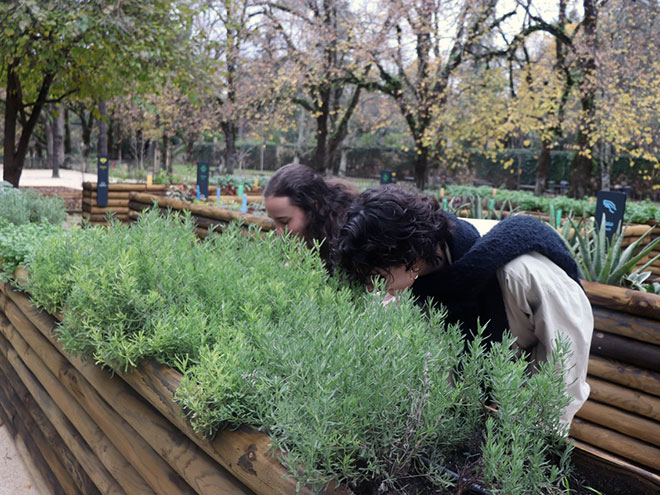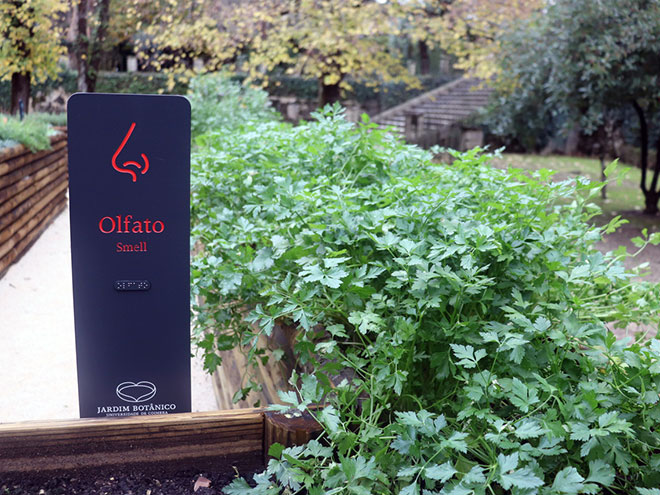In 2022 a huge migration tsunami hit Europe again with the war between Russia and Ukraine. Sadly over 5 million people fled from Ukraine from the 20th of April, with some migrating to Norway as well. This migration was even larger than the Mediterranean crisis seven years ago.
From changes in physical surroundings, children and refugees could experience possible language barriers and additional mental health challenges or distress that may limit their abilities to cope further with such traumas or significant changes.
– The KidsLikeUs project aims to support children affected by these migration crises and other mental health challenges by inspiring volunteers, educators, public authorities, and non-governmental organizations (NGOs) to create welcoming and sensory-friendly environments, says professor Andrea Parolin Jackowski at Østfold University College.
Jackowski is the project coordinator on the Norwegian side, with vice coordinator and professor Hugo Cogo-Moreira at Østfold University College.
Will develop a prototype of a sensory garden
Through the project it will be provided prototypes, such as sensory gardens, which will work as tools to help vulnerable children develop coping strategies to deal with trauma-related problems and improve their mental health and well-being.
– These prototypes will be flexible for equitable use and thus designed to be useful and attractive for a wide variety of individual preferences and needs and accommodating for all, says Jackowski.
Cogo-Moreira says that an example of a sensory garden is already testing out in Sweden on children who have experienced some kind of trauma.
– Our primary responsibility as researchers within this project is not to build the actual gardens but to see if it impacts the children's well-being, says Cogo-Moreira.
Hugo is a biostatistician and will do all the calculations to see if it is improving, if it gets worse, or better over time, after experiencing or not experiencing it.
– We work with mothers and children who have suffered trauma to see how they are feeling both before and after playing in the sensory environment. We will also ask the children's teachers, he says.
And adds:
– For instance, this garden can be in a school, and then we will ask the children's teachers about the effect they can see.
– Now we want to test this further, Jackowski explains.

Research fellows in Poland develop the sensory gardens and will test them in many sites in Finland, Lithuania, Norway, and many Baltic countries.
The development and testing of the prototypes is a crucial part of the Interreg project KidsLikeUs involving a multidisciplinary team of researchers from different Department of Furniture Design.
Sensory gardens and other sensory-friendly environments will be tested among children who were victims of traumatic experiences to see if it improves their well-being.
– By the end of the project, if this shows a good result, we will have a box with instructions for a sensory garden that can be sent anywhere that is needed, says Jackowski.

Halden municipality want to test it out
The KidsLikeUs project supports the social well-being of the Baltic Sea Region (BSR) citizens by bringing people together and reinforcing integration and inclusion.
Jackowski says that Halden municipality has been positive for the project.
– The results from this project will support local municipalities such as Halden municipality, which will receive a copy of the prototypes and ebook to help those children and refugees in their community with this shared experience, she says.
Will create an ebook
Developing a Superhero sensory garden will showcase selected ideas of physical elements that address all senses, intending to improve citizens' social well-being, societal integration, cultivation of respect for nature, and promoting empathy.
Engaging citizens and children in the sensory garden will encourage co-creation in the design and development of the prototypes and aims to foster social inclusion and relationships regardless of cultural background, language, abilities, and disabilities.
The ebook will give instructions on how to use the garden.
An ebook will be created based on the outcome of the Superhero sensory garden creation, including photos, drawings, and visualizations of physical prototypes.
The ebook aims to inspire and disseminate the knowledge generated from the Superhero sensory garden internationally and regionally here in Norway.
The project wishes to raise recognition of the mindfulness spaces in the BSR and the positive effects it has on the resilience of those with trauma and mental health challenges.
The KidsLikeUs last from 01/2023 to 12/2025.
More information about the project.
Participants in the KidsLikeUs project from Østfold University College:
